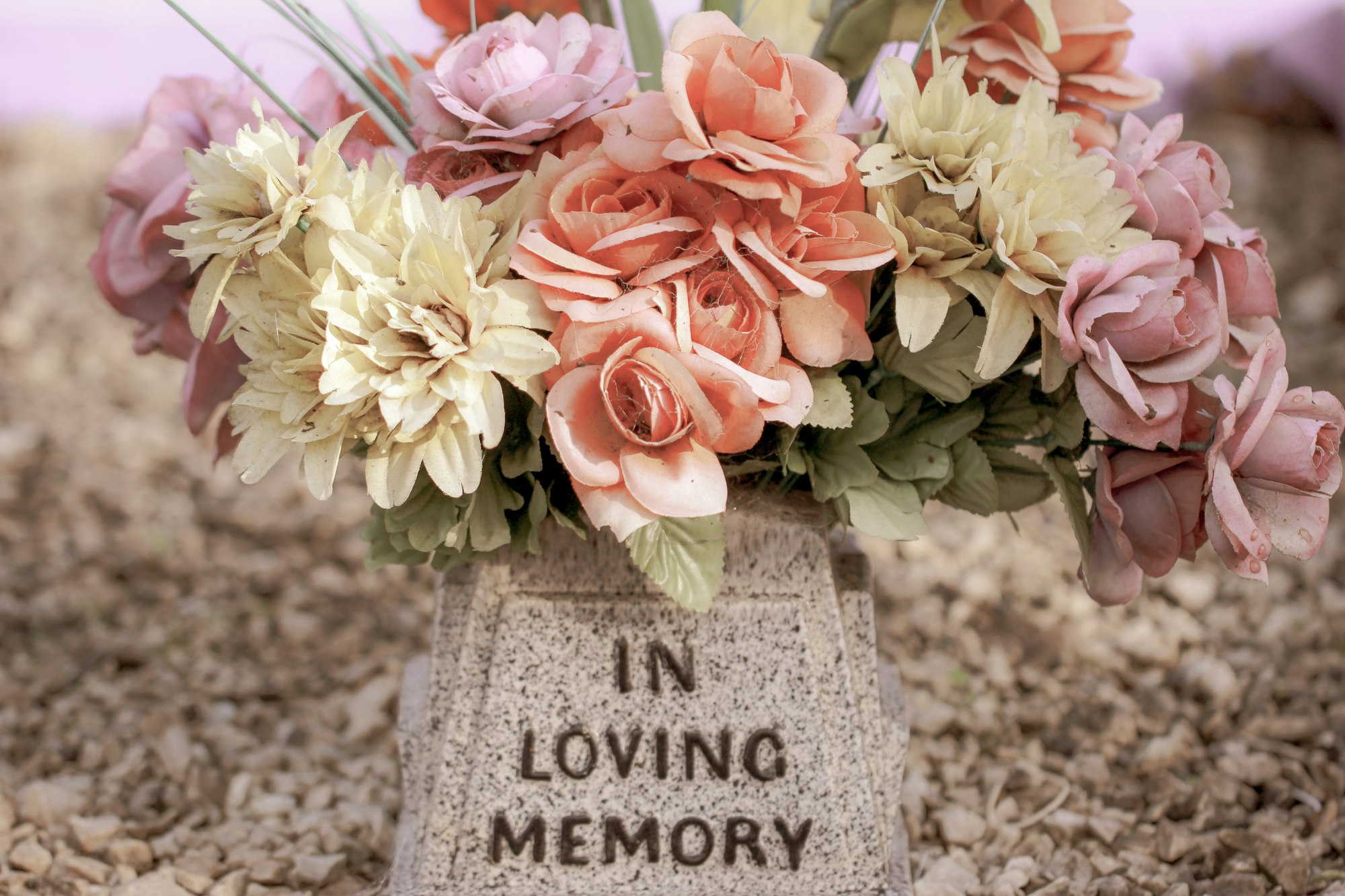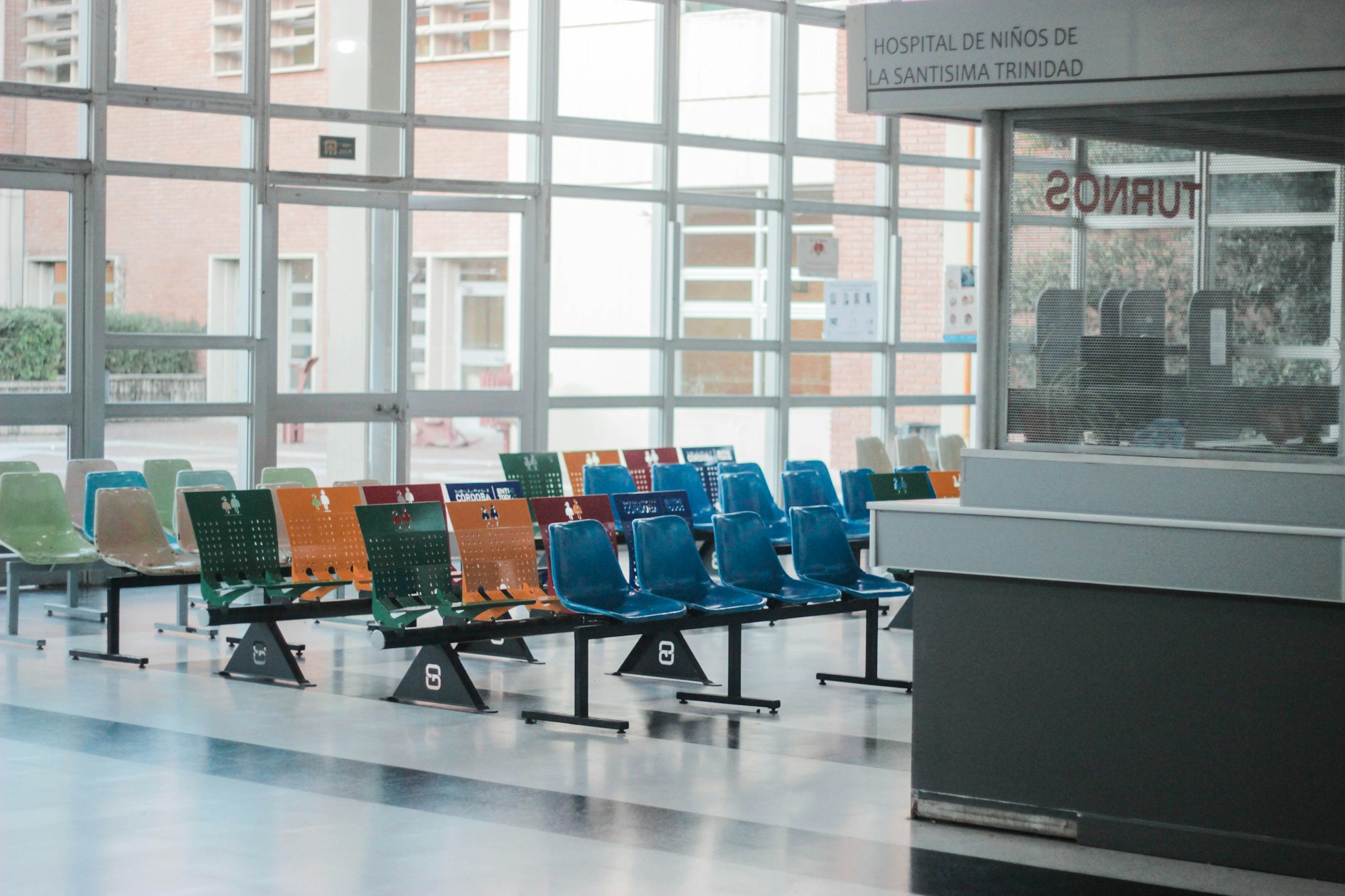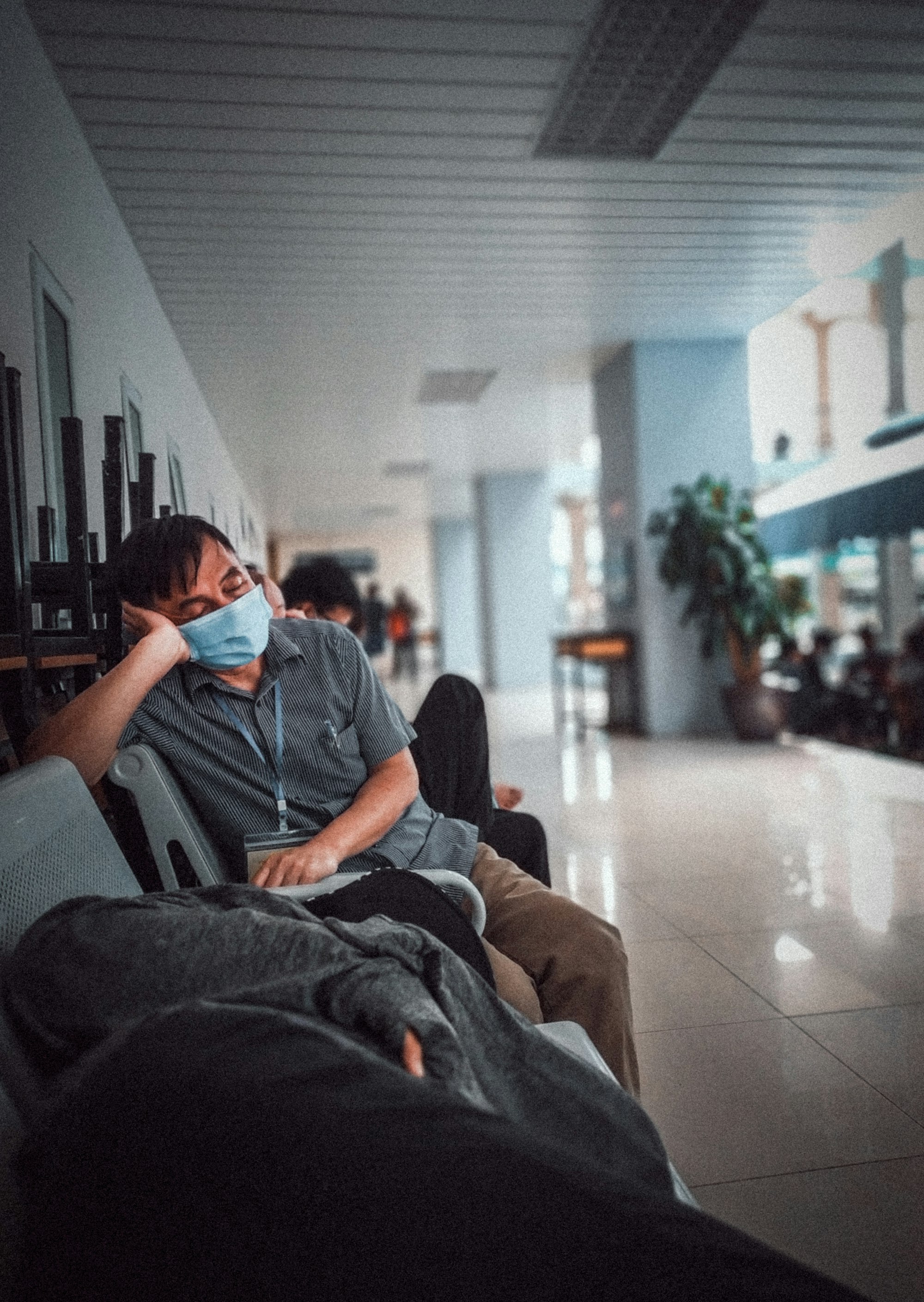What is a Death Doula? What is a Death Cafe? Lets Take the Mystery out of Death and Dying with Alycia Martel - Episode 29

In Episode 29 of this enlightening series, we delve into a topic that is often shrouded in mystery and discomfort—death and dying. Our guest, Alycia Martel, a certified death doula and end-of-life specialist, takes us on a journey to demystify this inevitable phase of life. In this episode, we explore the concept of death doulas, who offer compassionate support and guidance to individuals and families as they navigate the intricacies of the end-of-life process. We will also unravel the concept of a death cafe—a safe space where people gather to openly discuss their thoughts, beliefs, and fears surrounding death. Join us as we seek to shed light on these important topics and embrace death as a natural part of our human experience.
Diane Carbo: Hi, this is Diane carbo and I’m with caregiver relief. And today I have a, at least on Martel. He is our certified death doula, our end of life specialist.
Diane Carbo: Today we are going to discuss. What is a death doula. I’m so excited to have Elisa here today because she’s just gotten her certification. And this is an important step for Alycia. Let’s talk about this. Let’s explain to people out there. What is a death doula?
Alycia Martel: A death doula is similar to a birth doula just at the other end of the spectrum. We help people and families prepare for death and the dying process, and also prepare for a lengthy terminal illness and the all the various aspects of end of life. We can do a large variety of the thing, we offer a lot large variety of services to help a patient and their family with, and the Y services, everything from writing advanced directive to doing legacy work, to planning a vigil.
Alycia Martel: Visual services ourselves sitting with the patient and their family as the patient is actively dying. There’s other services too. We offer respite here. We can offer the family post death care in which we come in about a few weeks after the services and help reorganize the home for what it looks like now that the loved one has died.
Alycia Martel: And maybe help delegate where some possessions may go, whether it goes to a Goodwill type organization or if it goes to a family member, the parts of the clothing, the knickknack stuff like that tie up any loose ends regarding legacy where and I keep saying legacy works because some people may find it soothing to work on.
Alycia Martel: A scrapbook project of their pictures of their life or writing their autobiography stories or even something simple as cards and letters to loved ones before they pass away.
Diane Carbo: I have to tell you that I am, so interested in this. Because the desk doulas is take a holistic approach to end of life. I have had so many clients that are unhappy or have had unpleasant experiences with hospice. I think that what is happening in our world is there are good hospices and there are bad. The good ones have a lot of good volunteers. They offer a variety of different services, but Medicare reimbursement has made it hard for hospices to approach things from a holistic point of view.
Diane Carbo: They’re very limited to what they can offer. So I think that there is a definite need out there for desk doulas or desk midwives as they are sometimes called. So I’m excited about this. This is cutting edge. And I think the other thing that you do is you help people face their fear and anxiety as they face end of life, as well as the family.
Diane Carbo: , we have a whole series on end of life discussions, and this is a part of it. I think that’s really important providing a holistic approach and holistic support before, during and after death is just an important part of the death and dying and end of life planning process.
Alycia Martel: It is a lot of people fear what they don’t know, we have a fear of the unknown and one of the missions of death, doulas, death, midwives, and of life specialists is to help people become educated a little bit more about the death and dying process, physically as well. We’re not medical specialists, we don’t offer medical advice.
Alycia Martel: Or medical care comfort care, and on massage or lotion, stuff like that, but no medical advice or care. But we do, provide education to the patient and the family as to what and happen as the patient prepares to pass away, prepared to die. Cause there are physical changes that happen, and that seems to alleviate the fear for some people knowing what to expect.
Diane Carbo: Absolutely. I see that death doulas are going to change the way we provide end of life care for the future. There definitely is going to be an intricate part of reshaping that because there’s going to be a great demand for it. Baby boomers want alternative care services
Diane Carbo: In order to accommodate them, people are wanting to remain at home during their end of life, rather than in a nursing home. Or an assisted living if they can do that. And I think that death doulas are going to take the mystery out of death and dying on a different level. And with that, I’d like to introduce the concept of what is a death cafe.
Alycia Martel: And death cafe. That is actually a relatively new concept. I got a little history here. It was actually created in Switzerland and around 2004 by a sociologists and anthropologists named Bernard cortez for Tufts, I believe is the last name. Unless I’m butchering it. I’m on it. A place where people can go and discuss what they think death is what they think happens in the afterlife.
Alycia Martel: It’s not necessarily a bereavement group, but it’s a place to go and meet with other people over coffee and dessert, seeing and crumpets
Alycia Martel: Ideas out in a safe place, with other like-minded people who aren’t going to be okay. Away from the topic, the way a lot of people do. I think what we’ve all just been through with the COVID pandemic. I think there’s going to be a lot of people out there with this topic on their mind, because more often than not, you’re hearing people say I lost.
Alycia Martel: And so I lost so-and-so this year, too. This horrific thing that’s going on. And I think it’s going to help bring about great change in the way we face death and dying at the time.
Diane Carbo: I actually went to a death cafe in Manhattan several times, many years ago, because I’d wanted to, I was curious, I was living in Hoboken and I took the train in.
Diane Carbo: I was , surprised at how many people showed up. For me, I thought 10 or 12 was a lot at that time because it was relatively new back then. And having been at the bedside of many people and worked in hospice and end of life. I wanted to go in here.
Diane Carbo: What kind of questions and concerns and what people were asking just for my own . So that I could write for the website . I found it fascinating that there’s so much. Fear of death out there. I’m not surprised that there was a fear of death, but people’s perceptions of death.
Diane Carbo: And I liked the way it’s presented in a nonjudgmental way. And you could talk about anything. Some people just. Want to know what do I need to do and how do I need to do it? I had somebody ask about do you hallucinate at the end? And what do people experience is their page?
Diane Carbo: Some people thought that you just went to sleep. And quietly and peacefully, and they didn’t know that people had what they call terminal agitation and or pain or had how breathing can be disturbing and frightening. I think that was very interesting for me to experience as a healthcare professional, that’s been around death and dying almost my whole life.
Diane Carbo: I think that the death doulas are going to be very helpful in helping people to, to educate them. Many times I know in my forums that I’m on. Sometimes I see so many times. People think that that hospice is going to kill their family member
Diane Carbo: there are Facebook pages out there, hospice kill my family member and people don’t understand it. Our life sustaining measures, but those life sustaining measures are not going to cure a problem. I think that having these discussions in a non-dual judgemental. arena of some sort like at a coffee shop or online, we’re going to do ours online.
Diane Carbo: I think it’s, it will take out the mystery of what’s going on and help people . I think an educated person on end of life issues is. Take away the fear and the anxiety that people have and the misunderstanding that, withholding fluids is, or food is not a terrible thing. In fact, it’s a natural process we go through.
Diane Carbo: So I’m really excited about this. I love the fact that you’re, you talked about legacy . I thought that was interesting and you’re providing dignity and honor to people as they exit life. We all have our own values, traditions, and belief systems. I think, we have an expectation of what that might look like.
Diane Carbo: And I think having someone as an end of life doula we’ll add a level of a third party. This will provide a logical and unemotional approach to end of life planning.
Alycia Martel: Another thing that we hope to do it’s so stressful as the end of life for, not only the patient, but the family too.
Alycia Martel: We hope to help relieve. Some of that burden from everybody, there’s running around paperwork to be filed. Okay. We can do that for you. We can gather up necessary documentation. We can sit down, we can help you work through it together. We can be on calls for certain services, obviously vigilant, we can be on call for, we can do our best.
Alycia Martel: Explain to you. You’re dying. You’re not for, there’s no need to be down to dying patients. And I have sadly seen that happen, whether there’s cognitive loss or not, we did there, we’re also here to act as an advocate for the patient.
Diane Carbo: I love that because I have to tell you that I’ve had several clients that felt like nobody was advocating for them. Family members felt hopeless and helpless, and the hospice company that they were dealing with. We’re not educating them or giving them any guidance or comfort. And I think that having this level of care is going to be a necessary thing for people and their families.
Alycia Martel: I like to say that when you’re overcome with grief and you go into the funeral home to pick out the casket for your loved one, you’re going to be looking at a mid priced one. And they’re going to try selling you the casket 9,000. You don’t need the casket 9,000 unit
Diane Carbo: I think one of the things that I talked about in one of my recent podcast is there’s so many resources for inexpensive burial options.
Diane Carbo: We had discussed this and end of life options. So I think that making plans ahead of time and knowing. These plans are, will help people. I think that one of the things that we’re going to accomplish or try to accomplish with the death cafe, which will, I think we’ll start monthly with that and have a death cafe monthly via zoom so that people can all over the country can join us.
Diane Carbo: We’ll be able to help them with advanced directive and educate them so that they can have the peaceful deaths that they. Wanting to have and not go through the anxiety and worry be prepared because education knowledge is power.
Alycia Martel: ? Yeah, it really is.
Diane Carbo: It can just alleviate so much stress and undue anxiety for the entire family.
Alycia Martel: In an ideal situation, you’re doing this with your family, but there’s some people who do it alone too, and that’s another place where a death doula can definitely step in for the independent people, for the single people for,
Diane Carbo: The ones that don’t have kids or yes. One of the saddest things I experienced often , when I worked in the nursing homes is the patients that would die alone. I can tell you in the Quaker homes and in the Masonic homes they always have somebody sitting vigil, they really take care of their own. The community comes out and I’ve always felt sad when I walk into a room and somebody’s actively dying and I can’t get the priest or the minister or the chaplain.
Diane Carbo: To take time to sit vigil. I always find that sad because I think that somebody should be there to take care of a person as they’re passing there.
Alycia Martel: National organization called no one dies alone.org that actively seek volunteers to sit with people as they’re passing. If anybody is interested in donating any time, that is something to look into. Because I think that’s beautiful.
Diane Carbo: I think that’s beautiful it’s very humbling. I’ve also been with in a situation where the family members are in a panic because they don’t understand what’s going on. As a person goes through the death and dying process. They don’t understand the breathing patterns, change how the kidneys shut down.
Diane Carbo: And there are things like that happened. The families get anxious and need some support. I found that I just recently did a podcast with a nurse whose husband went through some heavy duty terminal agitation. And the hospice company was absolutely. Cool to her that, and I’m like, how can they be that way?
Diane Carbo: They wouldn’t listen to her they wouldn’t medicate him and that he needed more medication. It was anxiety producing for her. When she should have been there to be supported and. And be there to deal with her husband. She had to fight and an advocate for proper end of life care.
Diane Carbo: That’s sad because that’s not what she should be doing. And that’s where I think hospice companies, I know I’ve had one amazing experience with my dad on hospice, and then I had a Very substandard experience with my mother-in-law. When she passed at home, I thought that the hospice company really let us down.
Diane Carbo: Of course I having an end of life specialist because I’ve been to at the bedside of many that have passed. I just felt that they were not supportive of my husband at the time. It was his mom. it just made me sad that they didn’t offer this stuff. The education and support that they needed to because they’re getting stingy with.
Diane Carbo: And again, it has to do with Medicare reimbursement. We’re having less and less money and they want people to do more that the chaplain wasn’t available, the social worker wasn’t available and that’s sad. The good thing is with doulas is they get to have to be able to spend more time with patients than hospice does because they’re not bound by regulations when it comes to payment.
Diane Carbo: It’s nice for them to be able to spend the time with the family and do the work that they need to do. Because there’s a big gap in what hospice can offer. People need emotional support, they need spiritual support and they need guidance to what end of life looks like. I think many hospices because of the rules, regulations and poor reimbursement is we’re not getting that.
Diane Carbo: So I’m excited for you. I’m excited that we are going to be doing some death cafes. I’m excited. You’re here as a certified death doula to support our listers. And I look forward to hearing more and reading more. I also want to let our listeners know you and I are working on an after caregiving grief.
Diane Carbo: Program so that we will be able to offer that. We are co-authoring that. I can’t wait for that to make that available to our kids news as well. So with that, I’m going to say to all my caregivers out there, remember you are the most important part of the caregiving journey. Without you, it all falls apart.
Diane Carbo: So please practice self care everyday. Be gentle with yourself because you were way worse at Alycia. Thank you so much. And congratulations. I am. I’m proud of you and excited, and I know that this is such a valuable service that you’re on the cutting edge of end of life and the reshaping of an industry.
Alycia Martel: Yeah, it’s definitely a, I hate to say it, but it’s an exciting time to be in death and dying. But no, it is, it’s definitely a good time. Same things are going to change. And I think we, as a society, as a as human being.
Diane Carbo: We do it’s going to make the healing process and the grieving process easier for so many families out there that utilize your services. So I will talk to you, next week.
Alycia Martel: Yeah. Thank you, Diane.
Alycia Martel: Thank you so much. Bye.
Conclusion:
As we conclude this insightful episode, we recognize the vital role that death doulas and end-of-life specialists play in transforming the way we approach the final stages of life. Alycia Martel's wisdom and expertise have illuminated the path toward a more holistic and compassionate approach to death and dying. By unraveling the mysteries and fears associated with death, we empower individuals and families to face this transition with knowledge and grace. The concept of a death cafe further adds to this transformative shift, creating a space where conversations about death can take place openly and without judgment. As we journey forward, let us remember that embracing the reality of mortality can lead to greater understanding, healing, and a more meaningful way of approaching the end of life.
You might also like this article:














